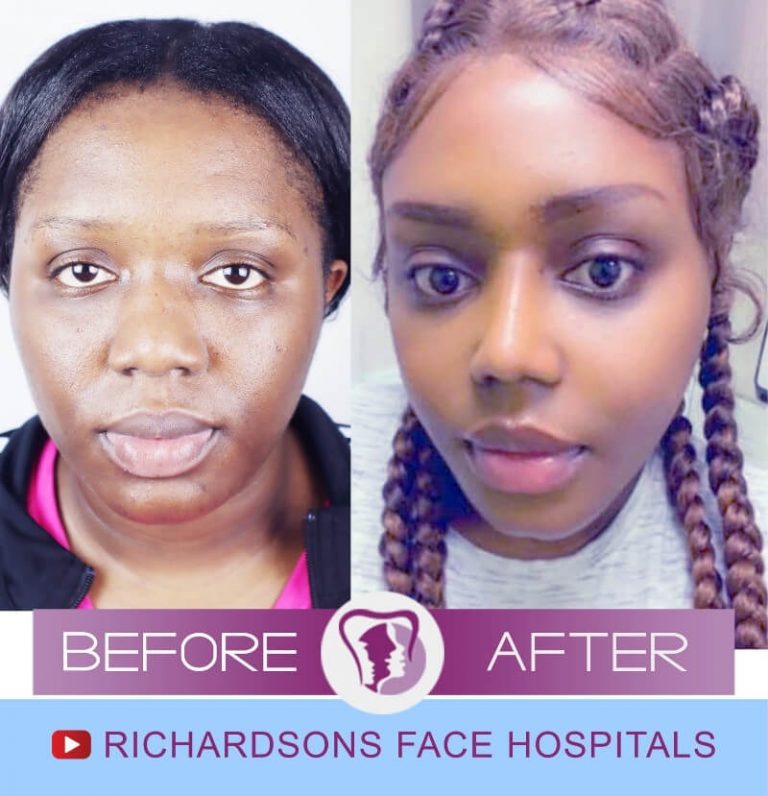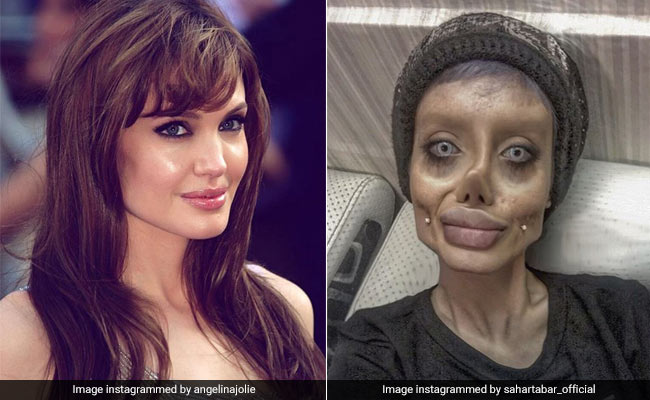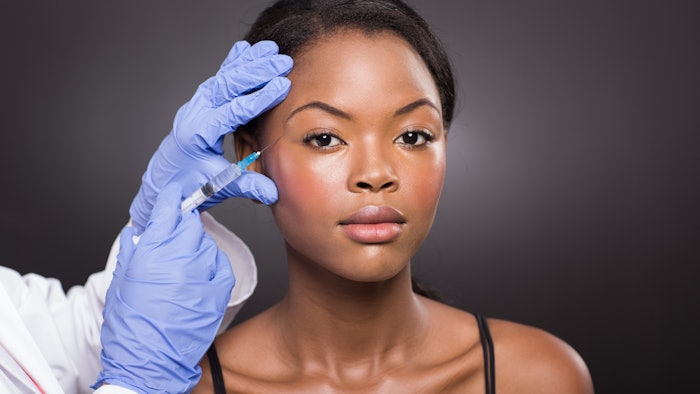The Effect of Self-Image on Decision-Making: Reasons Why Numerous People Go After Cosmetic Surgical Procedure for Physical Makeover
The interplay in between self-image and decision-making is a complicated sensation, especially noticeable in the enhancing fad of individuals choosing plastic surgery as a way of physical makeover. Encouraged by a desire to satisfy individual perfects and social expectations, many people grapple with issues of self-worth that can considerably affect their options. As exterior pressures from social standards and social media heighten sensations of inadequacy, a critical inquiry develops: what are the underlying emotional aspects that drive this quest of modified looks, and what ramifications do these decisions hold for personal identification and health?
Comprehending Self-Image
Self-image describes the psychological image and understanding an individual holds concerning themselves, including elements such as physical appearance, personality type, and general self-worth - mommy makeover rancho cucamonga. This interior representation considerably affects how people connect with the globe and can be a driving force behind different life options, consisting of the choice to go through plastic surgery
A favorable self-image typically associates with higher self-confidence and a feeling of self-confidence, cultivating a positive technique to life. Alternatively, a negative self-image might lead to sensations of inadequacy and frustration, motivating people to look for exterior options to viewed defects. This mission for renovation can show up in the need for physical improvement through cosmetic procedures.
The prevalent nature of media and peer contrasts can intensify feelings of instability, inspiring people to alter their appearance in pursuit of acceptance or approval. Recognizing these dynamics is crucial in understanding the inspirations behind cosmetic surgical treatment.
Mental Elements at Play
Many mental factors affect a person's decision to go after cosmetic surgery, usually rooted in much deeper cognitive and psychological processes. One significant variable is reduced self-confidence, which might emerge from adverse self-perceptions or frustration with one's appearance. People with diminished self-worth might think that changing their physical features will boost their overall value and approval in social contexts.
In addition, the concept of body dysmorphic condition (BDD) plays an essential function. Individuals dealing with BDD experience a compulsive emphasis on viewed flaws in their look, leading them to seek medical treatment as an option. This compulsive desire for improvement can significantly misshape their self-image, driving them to seek treatments regardless of the possibility for negative outcomes.

Social Pressures and Expectations
A considerable impact on people' decisions to go through plastic surgery originates from social stress and assumptions that suffuse contemporary culture. In a period dominated by social networks and continuous visual direct exposure, idyllic requirements of elegance are regularly showcased, producing a prevalent environment where physical appearance is extremely inspected. Such standards commonly determine what is thought about eye-catching, leading individuals to really feel forced to satisfy these perfects.
Furthermore, the normalization of aesthetic improvements in prominent society additionally exacerbates Read Full Report these pressures - mommy makeover rancho cucamonga. Influencers and celebs openly discussing their surgical treatments can create a perception that such alterations are not just acceptable however desirable. This sensation can stimulate feelings of inadequacy in people that may feel their natural look does not straighten with societal criteria
Additionally, the influence of colleagues can not be ignored. People might encounter indirect or straight stress from buddies or family, causing a common validation of plastic surgery as an appropriate means to achieve an idyllic self-image. As a result, these social expectations visit their website can dramatically impact individual decision-making processes, usually outweighing inherent motivations for self-improvement and fostering a society where physical transformation is gone after as a treatment for perceived imperfections.

Instance Studies and Personal Stories
Lots of people have actually shared their personal trips regarding cosmetic surgery, revealing an intricate interplay between self-perception and social influences. As an example, a 34-year-old lady defined exactly how years of feeling poor as a result of her nose led her to seek rhinoplasty. She reported that after the procedure, her confidence rose, permitting her to engage even more freely in social circumstances and advance her career. Yet, she acknowledged that her choice was heavily influenced by media representations of elegance.
Similarly, a male patient in his late twenties stated his battle with body dysmorphic condition, which prompted him to go after liposuction. His experience highlighted not only a desire for physical improvement yet likewise a desire for approval among peers. Post-surgery, he expressed a renewed sense of self-regard, albeit with the awareness that internal validation should precede outside adjustments.
These case studies highlight a broader pattern: individuals typically check out plastic surgery as a path to improved self-image. However, the narratives additionally reveal a vital perspective on the stress and expectations that form these choices, recommending that individual stories are deeply intertwined with societal standards and values.
Alternatives to Aesthetic Surgical Treatment

Skin care therapies, including chemical peels and microdermabrasion, can improve skin structure and tone, addressing problems like acne advice scars or irregular pigmentation. In addition, laser therapy is an efficient technique for targeting certain skin concerns, such as sun damage or vascular lesions, advertising a much more vibrant look.
For those seeking body makeover, non-invasive fat decrease methods like CoolSculpting can aid eliminate stubborn fat down payments without surgical procedure. Physical fitness programs and nutritional therapy are also essential tools for individuals aiming to accomplish a healthier body image. Inevitably, these choices can provide considerable outcomes while aligning with individual comfort degrees and preferences, fostering a favorable self-image without the permanence of plastic surgery.
Verdict
To conclude, the quest of plastic surgery is frequently driven by intricate interactions in between self-image, emotional elements, and social pressures. Individuals often look for physical change in an attempt to boost self-confidence and line up with regarded criteria of charm. This phenomenon emphasizes the requirement for better understanding of the underlying motivations and possible repercussions connected with such decisions. By exploring options and fostering a much healthier self-image, people might find extra sustainable paths to self-acceptance and health.
The interplay in between self-image and decision-making is a complicated phenomenon, especially apparent in the increasing fad of people choosing for cosmetic surgical procedure as a method of physical change.Various emotional variables influence an individual's choice to seek cosmetic surgical treatment, usually rooted in deeper cognitive and emotional processes.A considerable impact on individuals' choices to undertake cosmetic surgery stems from societal pressures and expectations that suffuse contemporary culture. Individuals might come across indirect or direct stress from friends or household, leading to a common validation of cosmetic surgical treatment as an acceptable ways to achieve an idyllic self-image.Lots of individuals have shared their individual trips relating to cosmetic surgery, exposing an intricate interplay in between self-perception and social impacts.